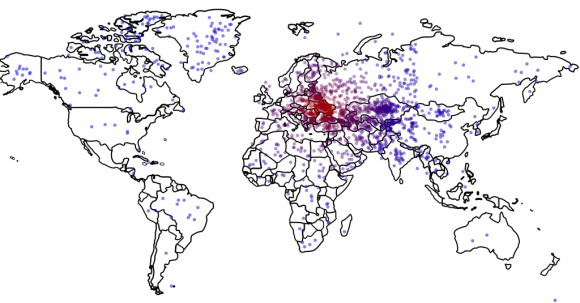by Medea Benjamin and Kate Chandley
Illegal US drone strikes continue (the Long War Journal says there have been 8 drones strikes in Yemen so far this year), but efforts to curb the use of killer drones have made remarkable headway this year.
While the faith-based community has taken far too long to address the moral issues posed by remote-controlled killing, on February 13, the World Council of Churches – the largest coalition of Christian churches – came out in opposition to the use of armed drones. The Council said that the use of armed drones poses a "serious threat to humanity" and condemned, in particular, US drone strikes in Pakistan. This is a breakthrough in the religious community, and should make it easier for individual denominations to make similar pronouncements, as the Church of the Brethren has.
There have also been major developments in the secular world. In February, the European Union, with an overwhelming vote of 534-49, passed a resolution calling on EU Member States to "oppose and ban the practice of extrajudicial targeted killings" and demanding that EU member states "do not perpetrate unlawful targeted killings or facilitate such killings by other states." This resolution will pressure individual European nations to stop their own production and/or use of killer drones (especially the UK, Germany, Italy and France), and to stop their collaboration with the US drone program.
People on the receiving end of US drone strikes have also stepped up their opposition. On April 1, a group of friends and family of drone strike victims in Yemen came together to form the National Organization for Drone Victims. This is the first time anywhere that drone strike victims have created their own entity to support one another and seek redress. The organization plans to conduct its own investigations, focusing on the civilian impact of drone attacks. At the official launch, which was packed with press, the group said any government official supporting the US drones should be tried in a criminal court. "Today, we launch this new organization which will be the starting point for us to get justice and to take legal measures on a national and international scale against anyone who is aiding these crimes," said the organization’s president Mohammad Ali al-Qawli, whose brother was killed in a drone strike.





